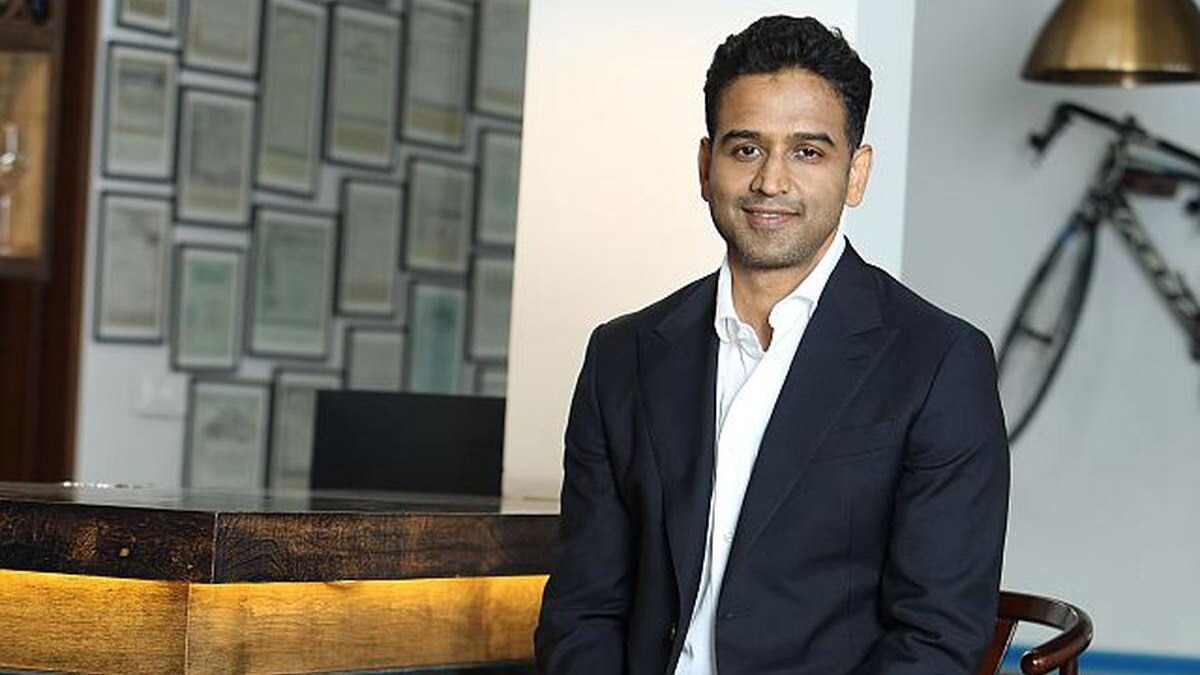From IPOs to Valuations: Nithin Kamath explains how tax structure drives India’s unprofitable startup boom
Zerodha Founder and CEO Nithin Kamath has offered a sharp breakdown of why India’s startup ecosystem is filled with companies that prioritize growth over profitability — and how tax structures may be quietly encouraging it.
In a detailed post on X (formerly Twitter), Kamath explained that the way businesses and investors are taxed can heavily influence their strategies. “If you take money out of a business as dividends, the effective tax rate is 52% (25% corporate tax + 35.5% on personal income). Through capital gains, it’s just 14.95% (with cess),” he wrote.
Kamath pointed out that this huge gap drives venture capitalists (VCs) and startup founders to operate in a way that minimises profits. “If you’re an investor (especially a VC), the math is simple: reduce corporate tax by showing minimal profits or losses. Spend (burn) on acquiring users, build a growth narrative, and then sell shares at a higher valuation while paying much lower tax,” he noted.
This aggressive spending, he added, also makes it harder for smaller competitors to survive — even though much of the spending isn’t on innovation. “We’re not discussing R&D spending here, which, incidentally, is very low in India (0.7% of GDP),” Kamath said, emphasizing that much of the burn goes into market expansion rather than research.
Kamath argued that this “tax arbitrage game” is often overlooked. Many VC-backed startups that went public in recent years, he said, continue to show little or no profit partly due to this structure. “Once you run a business this way, it’s extremely difficult to switch,” he warned.
Another challenge, according to Kamath, lies in the limited exit options available to investors. “Every startup that’s 7-8 years old from the time of raising the first round faces constant pressure from VCs for an exit. With almost no M&A opportunities in India, IPO is often the only way out,” he said.
While Kamath acknowledged that the government may have designed this system to encourage spending and economic activity, he questioned whether the balance is right. “I think it’s also creating businesses that aren’t very resilient. One prolonged market downturn, and many of these unprofitable companies would struggle to survive,” he cautioned.
He also highlighted that unprofitable growth is often rewarded with far higher market valuations. “A company doing ₹100 crore revenue with 100% growth might get 10-15x, while a profitable one with 20% growth gets 3-5x,” Kamath explained. “So VCs aren’t just saving on tax; they’re in essence creating a 3x higher exit valuation.”
Kamath concluded that this dynamic forces even sustainable businesses into a “growth at all costs” mindset. “If you’re competing against someone burning cash, you almost have to match it to defend market share,” he said — a reflection of how India’s startup race is as much about financial engineering as it is about innovation.


